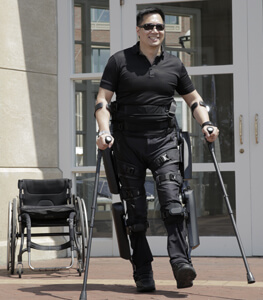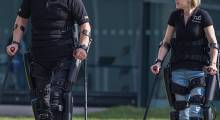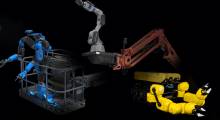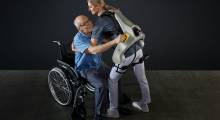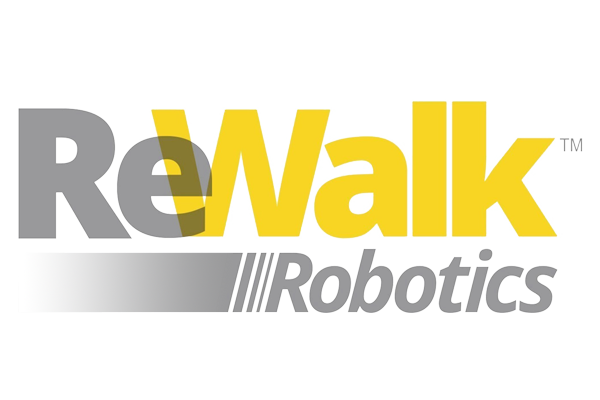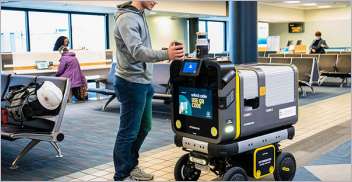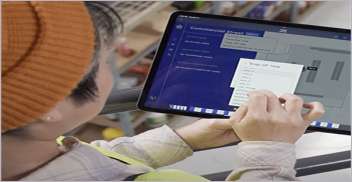ReWalk Robotics, Ltd., a leading provider of innovative technologies that enable mobility and wellness in rehabilitation and daily life for individuals with neurological conditions, announced the successful demonstration of a proof-of-concept next-generation exoskeleton.
As part of the Israel Innovation Authority’s MAGNET incentive program, the Human Robot Interaction Consortium, the company has reached a milestone by integrating advanced sensing technologies and artificial intelligence (AI) to enable autonomous decision making in its latest exoskeleton prototype.
“We have successfully demonstrated that by combining advanced sensor technology and artificial intelligence, the ReWalk Exoskeleton can detect and react to changes in terrain, leading to a potentially new generation of smart exoskeletons,” said David Hexner, vice president of Research & Development at ReWalk. “We continue to advance our design objectives for the next generation of exoskeletons by making them easier and safer to use, reducing the cognitive load on the user, and broadening the use case to more activities of everyday life.”
With the announcement, ReWalk continues its tradition of innovation in the design and practical use of exoskeletons for individuals living with spinal cord injury, said Larry Jasinski, the company’s CEO. “As our recent success with Medicare continues to broaden coverage for exoskeletons, ReWalk is committed to making exoskeletons more accessible and easier to use with each generation,” Jasinski said. “We are excited to fully incorporate these advancements into future ReWalk exoskeletons.”
The MAGNET incentive program provides R&D and collaboration grants to private businesses and leading academic centers. The goals of the HRI Consortium are to “develop advanced technologies aimed at providing robots with social capabilities, enabling them to carry out various tasks and effective interactions with different users in diverse operational environments.” The Consortium seeks to develop a Human-Robot Interaction Toolkit for Robot Operating Systems which could potentially yield income to contributing members.
As a member of the HRI Consortium, ReWalk collaborates with several universities to develop advanced technologies aimed at improving the human-exoskeleton interaction. With top researchers in the fields of robotics, behavioral sciences, and human-computer interaction, this research seeks to widen adoption by making the use of exoskeletons easier, more natural and more broadly accepted. The Consortium is a three-year project which started in May 2022. ReWalk is one of nine companies participating in the HRI Consortium, in addition to several Israeli universities.
In other news, ReWalk Robotics presented at a public meeting in November to provide feedback to the Centers for Medicare & Medicaid Services (CMS) regarding the preliminary payment determination for the code describing the ReWalk Personal Exoskeleton.
“Yesterday’s meeting was an opportunity for us to show our appreciation for the significant progress that CMS has made in providing a pathway for paralyzed individuals to access life-changing exoskeleton technologies,” Jasinski said. “It was also an opportunity to provide updated pricing information for the current ReWalk Personal Exoskeleton so that CMS can utilize this data in its payment calculations in place of the 2020 data that were used in the preliminary payment determination.”
The meeting was attended by multiple representatives from CMS who had the opportunity to ask questions and seek further clarification on the materials presented. Following this public meeting, CMS is expected to review the additional information submitted by ReWalk and any other commenters, issue a final payment determination in February 2024, and implement payment rate updates to its fee schedule effective April 1, 2024.
Article topics
Email Sign Up

